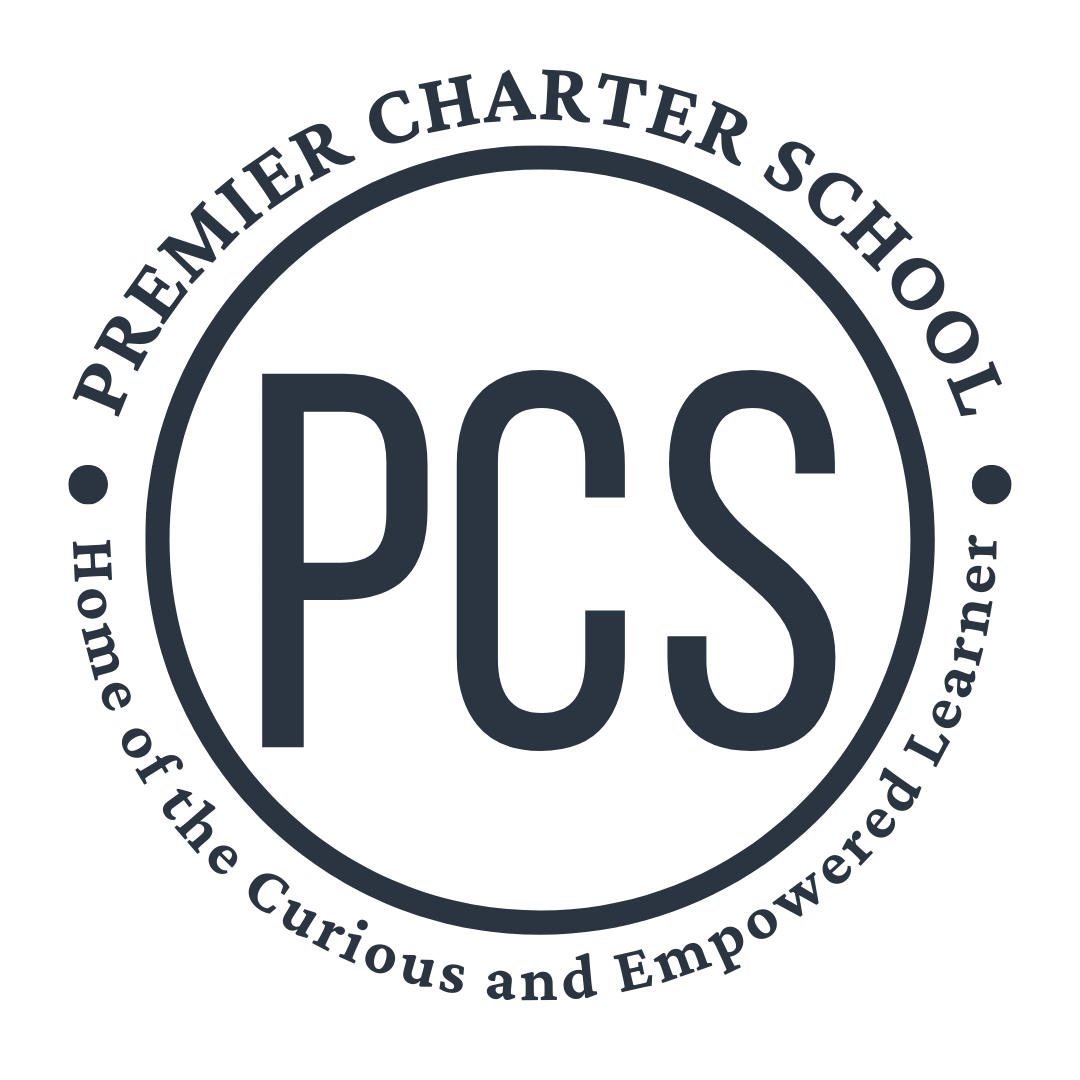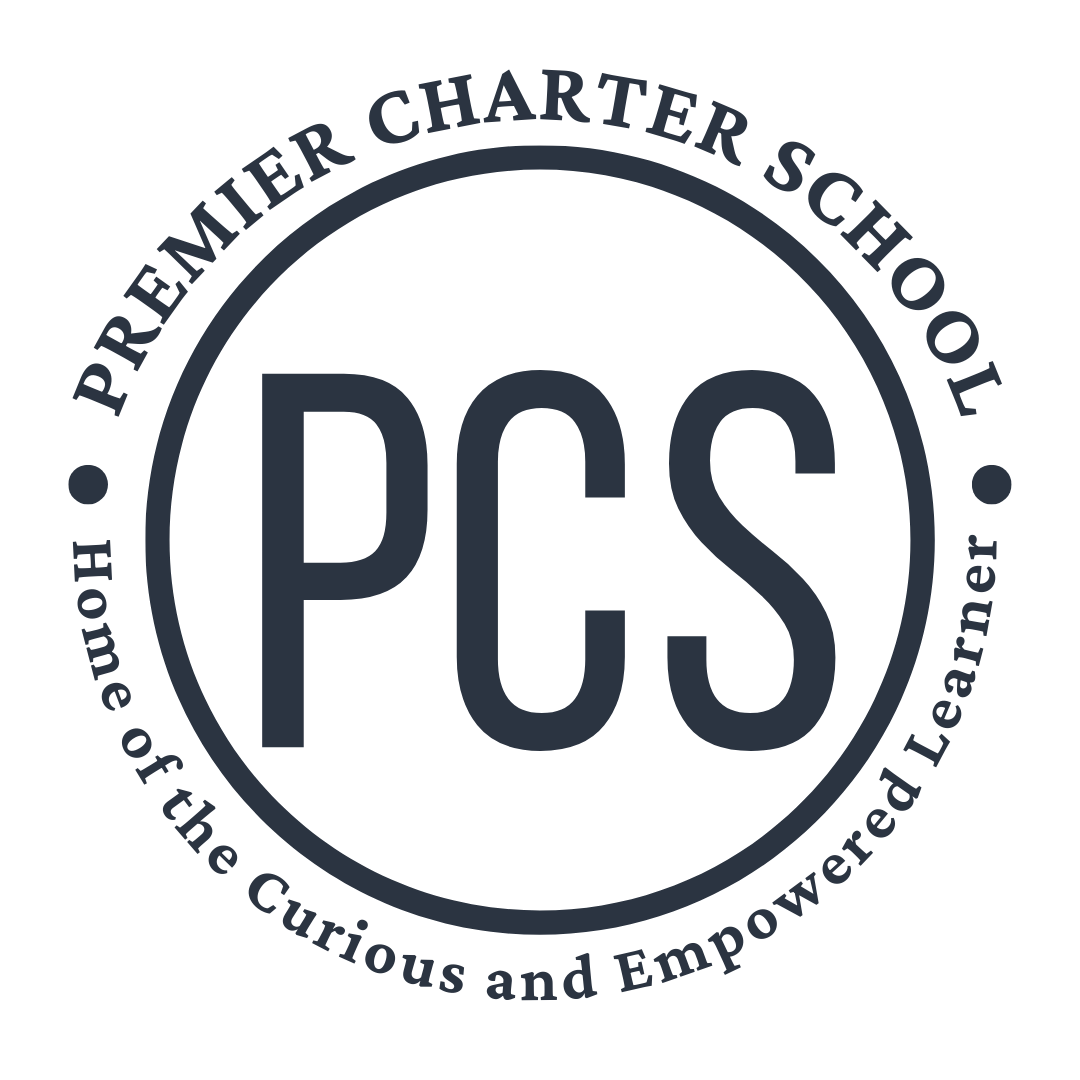Middle School Newsletter - October 11th, 2021
October 11 (2021)
Last week I highlighted a few classrooms and the engaging work that is taking place. This week I would like to share more about Project Based Learning (PBL) and how it supports student curiosity and engagement.
PBL is a practice that takes a learning-by-doing approach. In a PBL classroom, you often find students solving problems, participating in simulations, conducting case studies and designing research projects based on different areas of inquiry. Students are encouraged to investigate real world issues and develop practical solutions. Strong PBL practice implements a cross curricular approach, where teachers collaborate to support differentiated skill building and sustained inquiry, further developing individual student voice and choice.
Project-based learning focuses on “more authentic experiences in the real world beyond school walls,” says John Larmer, editor in chief of the Buck Institute for Education’s PBLWorks. He notes that the “project” in project-based learning isn’t just a robot or computer program that students show off at the science fair; rather, projects are comparable to “units of the curriculum that teach both content and skills.”
Students continually ask teachers, “When am I ever going to use this stuff in real life?” And they have a point: we often teach content without explicitly explaining the relevance it has in their life. Project based learning doesn’t just add relevance to the standard model; it builds the learning within a relevant context from the very start, so students are naturally more engaged. Many PBL-based schools move to a cross curricular model so that students can spend time engaging in applied, investigative learning. This model cultivates the curiosity of students. Research shows that curious, engaged, and intrinsically-motivated students become deep learners who master complex content, and develop a sense of its relevance to their life and the world around them.
If you have a few free minutes this week I encourage you to ask your child about what they are currently doing in their classes. I am confident you will be very impressed with the engaging lessons teachers are preparing for your child.
If you would like to learn more about PBL here are two great resources:
I welcome any questions or feedback you may have regarding PBL in your child’s classroom. I hope you have a wonderful week...I think our fall weather might FINALLY be here!
REMINDERS & UPDATES...
COVID UPDATE:
As we communicated last week, we have been working on a proposed addendum to our safe return to school plan for how we have been handling quarantines. We learned through the first two months of school that there have been various scenarios that put large amounts of our students in quarantine, which we know is a hardship on our families and brings several challenges to the students and teachers alike. Our updated plan, which is still aligned to guidance from the CDC and our health department and was developed through consultation with a physician and pediatric infectious disease expert at Ranken Jordan Pediatric Bridge Hospital, aims to help alleviate some of the quarantines when it is safe to do so. While some scenarios will still require a standard approach to quarantine, our masking and distancing requirements allow us some flexibility. Please remember that our universal masking requirement is one of the key factors in keeping kids in school, and we need your help to tighten up on that. If masks are not worn properly, it makes it much more difficult to use a modified approach to quarantine. Please continue to send your students in a mask and remind them of proper fit. Although our actual positive case count to date is relatively low, we want to make sure we continue leaning into our mitigation practices to do all we can to keep the spread at bay. Please see the information below and feel free to reach out to your child’s principal with any questions.
Revised Contact Tracing/Isolation and Quarantine Plan
Positive Cases
If a student or staff member tests positive for COVID-19, the school will immediately begin contact tracing and identify all staff and students who would be considered exposed based on the CDC guidelines of being within 6 feet of the positive case for greater than 15 minutes over a 24 hour period. Per CDC guidance, the definition of close contact excludes students who were within 3 to 6 feet of an infected student if both students correctly and consistently wore well-fitting masks the entire time.
How will I be notified of a positive case of COVID-19?
When we are notified of a positive case within our school, we will immediately begin the case investigation process. The school will contact our local health department to report the positive case, and the school will identify any potentially exposed persons. The school will notify all exposed persons and issue either full or modified quarantines as needed based on the circumstances of the exposure.
What is a Modified Quarantine and when is it used for students?
A modified quarantine is an option in some cases. Modified quarantine is an option because mitigation practices like masking and other health practices are in place.
Modified quarantine allows certain close contacts who have been exposed to COVID-19 while in school to continue essential activities (e.g., in-person classroom learning) during their quarantine period, as long as they do not exhibit any symptoms. The goal of a modified quarantine is to allow students to continue attending school without disruption when it is safe to do so while monitoring symptoms.
COVID testing within 3 to 5 days of exposure or onset of symptoms is highly recommended in the event of any exposure or close contact.
Based on these guidelines, and universal masking at school, we expect to be able to use modified quarantines which will allow students to continue coming to school, regardless of vaccination status. If we see additional transmission of cases (a cluster or outbreak), we would be required to use standard quarantines.
What can students do during modified quarantine?
After an exposure to a positive case, students who qualify for a modified quarantine can continue coming to school during the entire quarantine as long as they do not have symptoms.
You will be notified if your child qualifies for a modified quarantine or will need a standard quarantine after potential exposure. Modified quarantine only applies to students and not for staff or adults.
What determines if a quarantine is modified or standard?
Modified quarantine is used for exposures occurring in classroom settings because health mitigation practices like masking and social distancing are in place and the evidence demonstrates these settings to be relatively lower risk.
The determination of which cases qualify for a modified versus a standard quarantine takes into account the following:
Masking practice of the positive individual and the close contact
Social distancing of three feet or greater
Whether or not the positive case had respiratory symptoms at the time of exposure
Length of time of exposure
Number of secondary cases from the contact
What symptoms should I look for at home?
If your child has been issued a quarantine, closely monitor them for symptoms of COVID-19.
COVID-19 symptoms closely resemble other respiratory illnesses. Symptoms include cough, fever, runny nose, sore throat, and tiredness. Less commonly, people have reported aches and pains or diarrhea.
If your student tests positive for COVID-19 or begins to show symptoms, notify one of the school nurses immediately, so that contact tracing can begin.
How will we monitor and adjust the quarantine process?
We will review COVID-19 case counts, which are published weekly in this Principal Newsletter. If rising case counts necessitate a revision of the quarantine process, we will notify all families of any changes.
*Please note In recent weeks there have been some conversations about quarantine situations stemming from unvaccinated PCS employees and we want to assure you that is not the case. Not only are we a highly vaccinated population, all of our adult positive cases to date have been fully vaccinated staff.
FALL CONFERENCES:
More information about conferences coming soon. Save the date & time...
Wednesday, October 27 3:30-6:30
Thursday, October 28th 12:00-1:00 and 2:00-6:30
FALL BOARD EVENT:
Join us on October 14th from 6:30-8:00 in the courtyard. This will be an opportunity to meet and chat with some of the board members of PCS as we kick off the fall season. We will aim to keep this a covid friendly outside event- with a fire pit and some light appetizers for your enjoyment! Please RSVP to events@premiercharterschool if you plan to attend. This will help us get an idea of numbers for the food. Thanks!
Please don’t hesitate to reach out with any questions.
يرجي
ك يم
314.645.9600 (607)~kwright@premiercharterschool.org



